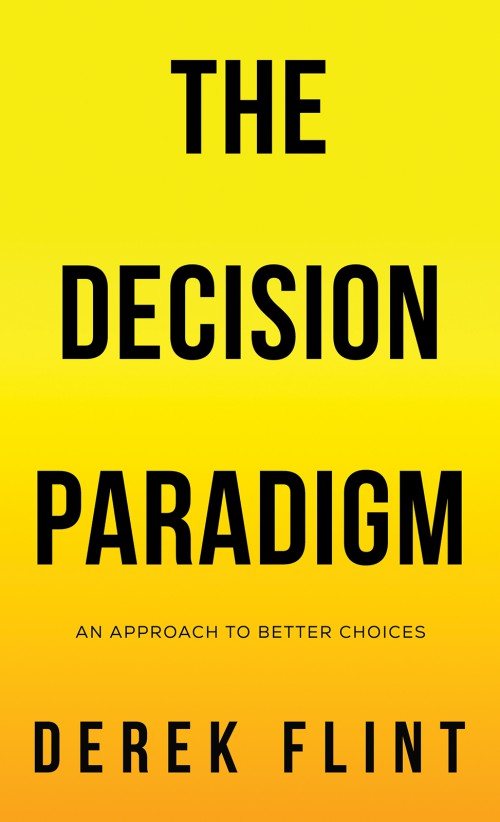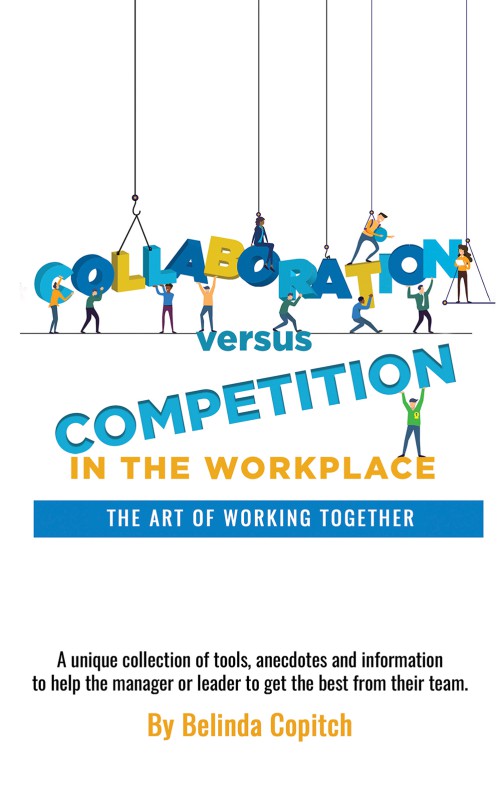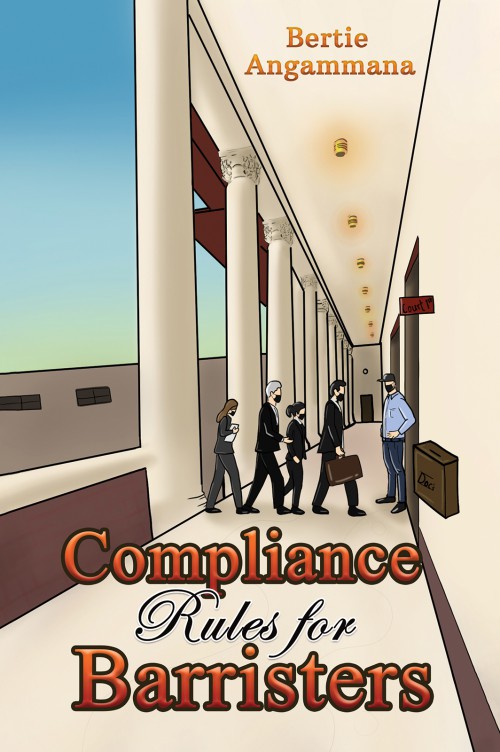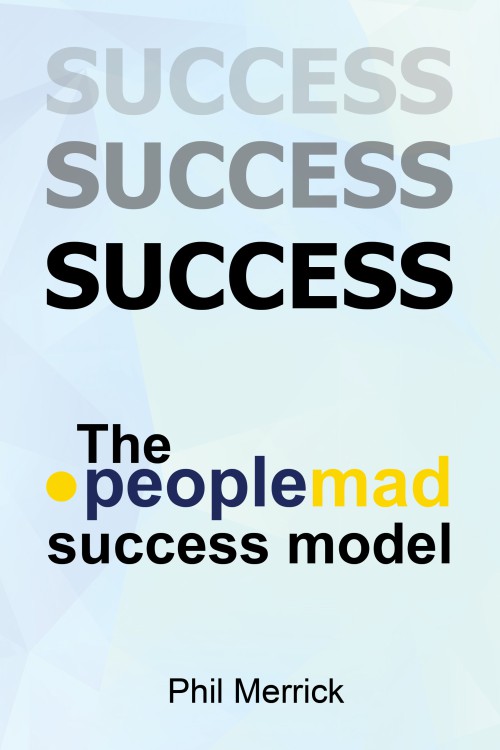Decisions, decisions, decisions… Throughout history, people have had to step up to the plate, and make tough decisions. Sometimes they have had time to plan, but often they have had to act spontaneously, knowing that the choices they make there and then are quite likely to be sifted over for months and years after should the outcome be ‘wrong’. In today’s litigious, ‘trial by media’ society, it is little wonder that people are less willing to put themselves in the firing line. But what if there was a better way? The Decision Paradigm gives an insight into that world. Using a step-by-step approach, the ‘Problem Oriented Decision System’ (PODS) leads to better problem analysis and provides a clear, evidence-based approach which enables the user to explain how they came to make the choice they did, and not just why? The Decision Paradigm is an essential handbook for anyone in the public or private sector who needs to take their organisation forward with accountable decision making.












